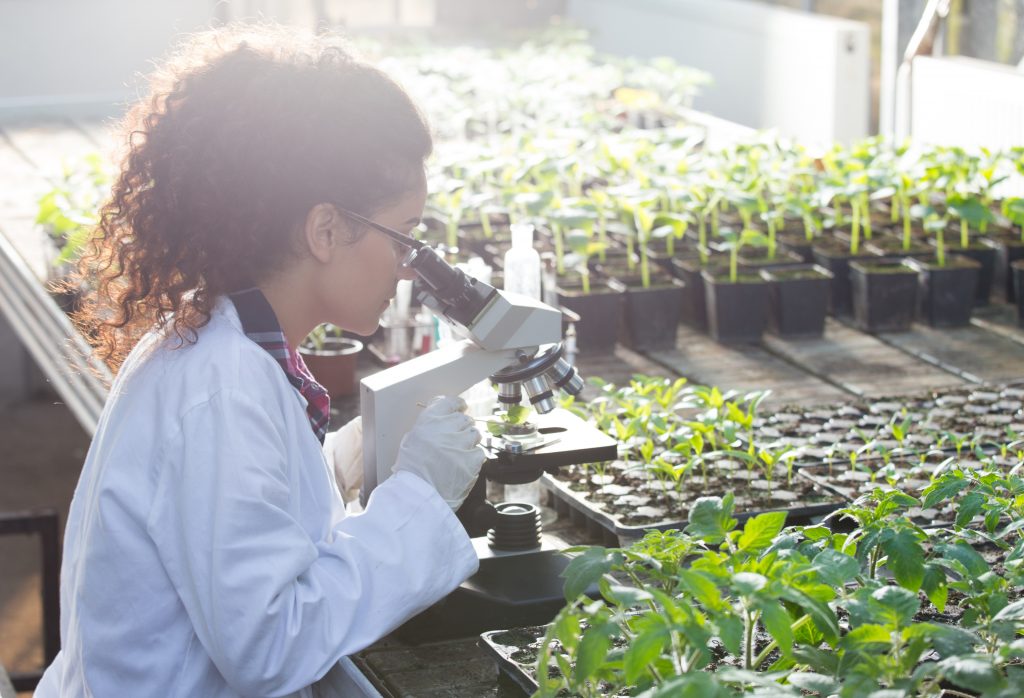The future of dsRNA-based biopesticides relies on global regulatory cohesion
The Australian Research Council Research Hub for Sustainable Crop Protection, which is led from the University of Queensland, has published a comment in Nature Plants, emphasising the need for global regulatory cohesion to advance innovative dsRNA-based biopesticides. This work was led by Dr Sandya Gunasekara and Associate Professor Pedro Fidelman who are based within the UQ Centre for Policy Futures.
This work highlights the importance of harmonising regulations to accelerate the development of sustainable agricultural solutions that offer targeted pest control with minimal environmental impact. Dr. Sandya Gunasekara stated “To fully realise the benefits of these technologies, we need globally aligned risk assessment processes, clearer regulatory pathways, and more coordinated science-policy engagement.”
As concerns over chemical pesticides intensify, dsRNA-based biopesticides are emerging as a promising alternative, providing eco-friendly pest management without genetic modification. However, fragmented global regulatory frameworks hinder their path to market.
“Our research underscores the importance of international regulatory harmonisation to unlock the full potential of dsRNA-based biopesticides,” stated Professor Mitter, who is the director of the Hub for Sustainable Crop Protection. “By working together, we can create a sustainable and safe future for agriculture.”

The study emphasises that alternatives to conventional chemicals are increasingly sought due to issues around residual toxicity and resistance. These challenges affect both domestic consumption and international trade, where stringent maximum residue limits impact Australian agricultural exports.
“These biopesticides, based on topically applied double-stranded RNA, have the potential to manage viruses, insect pests and fungal pathogens as a key component of integrated pest and disease management,” explained Professor Mitter.
Key findings include:
- Sustainable alternatives: dsRNA-based biopesticides offer eco-friendly pest management with minimal off-target effects.
- Regulatory challenges: Inconsistent frameworks across countries delay product development and market access.
- Need for convergence: Harmonising regulations internationally is crucial for smooth commercialisation.
- Success stories: Examples include Greenlight Biosciences’ Calantha, registered in over 30 US states, and Renaissance BioScience’s RNAi product approved for field studies in Canada.
Professor Mitter emphasised the importance of ongoing science-policy interactions and public engagement to build trust in dsRNA-based biopesticides.
This work was supported by the Australian Research Council Research Hub for Sustainable Crop Protection (IH190100022) and funded by the Australian Government. The hub is supported by The University of Queensland, Griffith University, Curtin University, La Trobe University, the University of Tasmania, the University of California Riverside, the Queensland Department of Primary Industries, the South Australian Department of Primary Industries and Regions, SARDI, CRDC, GRDC, AWRI, Hort Innovation, Wine Australia, AusVeg and Bioplatforms Australia.

